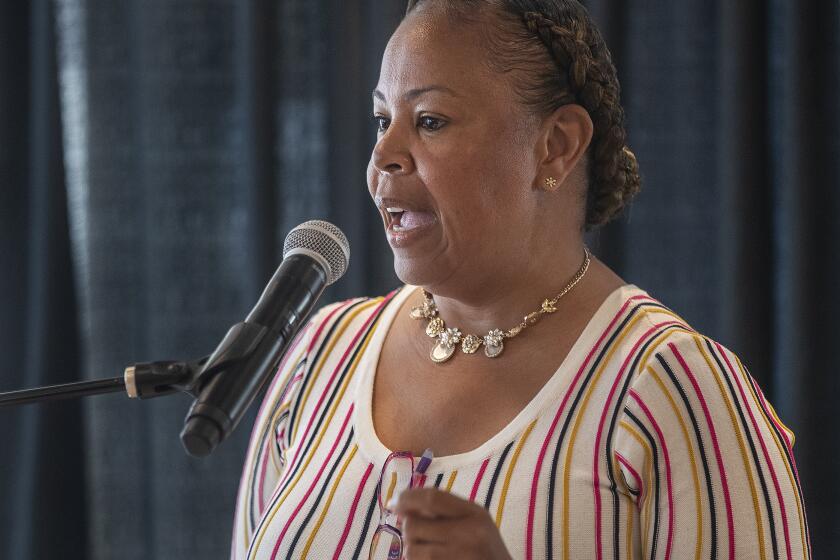Sign up for Essential California
The most important California stories and recommendations in your inbox every morning.
You may occasionally receive promotional content from the Los Angeles Times.
Rebecca Ellis covers Los Angeles County government for the Los Angeles Times. Previously, she covered Portland city government for Oregon Public Broadcasting. Before OPB, Ellis wrote for the Miami Herald, freelanced for the Providence Journal and reported as a Kroc fellow at NPR in Washington, D.C. She graduated from Brown University in 2018. Ellis was a finalist for the Livingston Awards in 2022 for her investigation into abuses within Portland’s private security industry and in 2024 for an investigation into sexual abuse inside L.A. County’s juvenile halls.




























